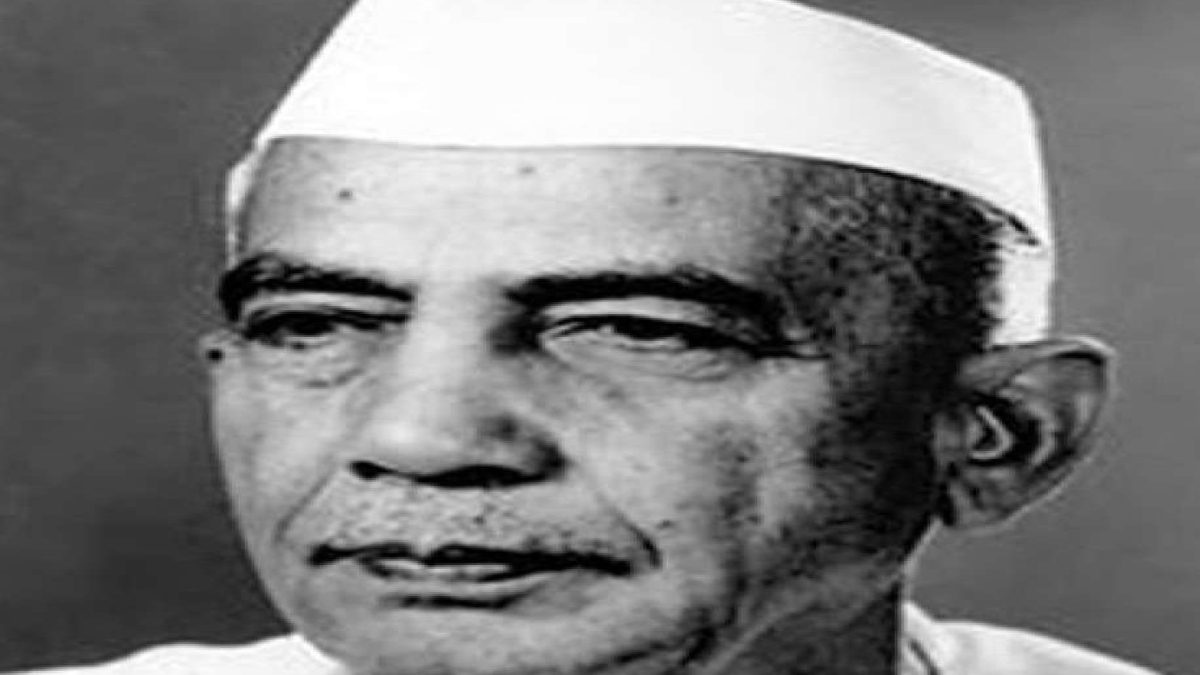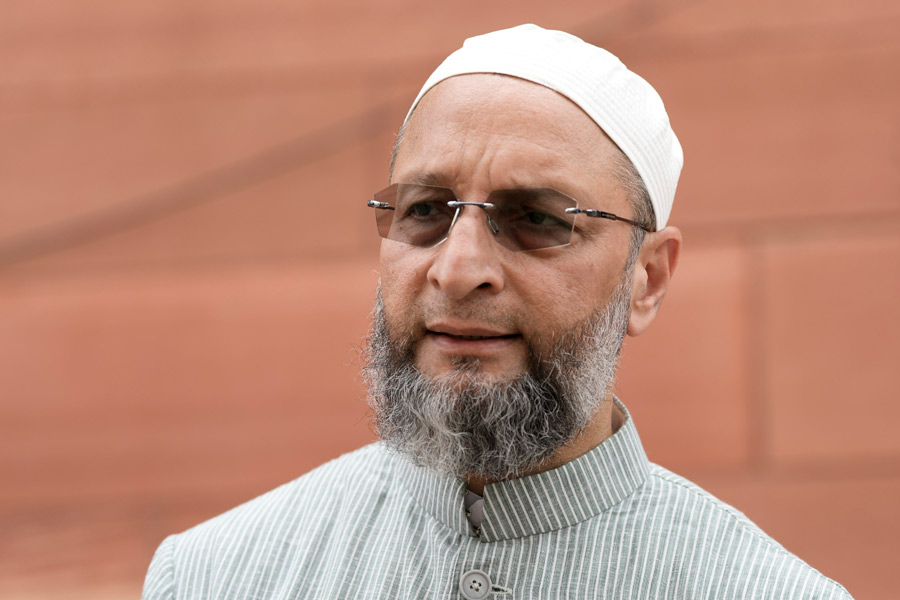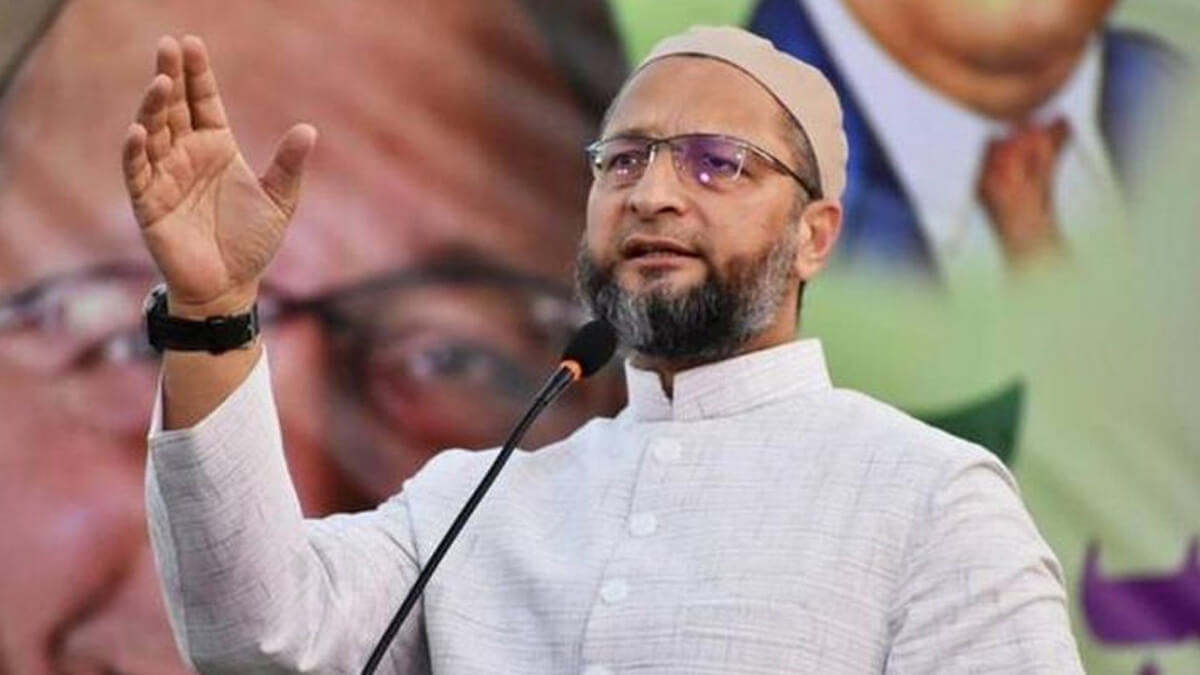Proposed US immigration reform doesn't cover H-1B visas
Thu 03 Aug 2017, 12:03:40
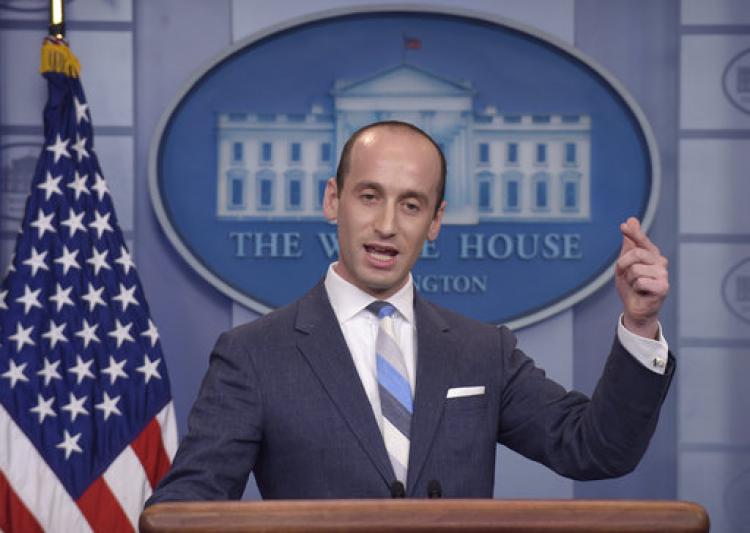
A proposed US immigration reform legislation is narrowly focused on Green Cards and it does not cover temporary non-immigrant visas like the H1-B given to tens of thousands of Indian professionals.
The Reforming American Immigration for a Strong Economy (RAISE) Act, which was unveiled on Wednesday, “doesn’t deal with guest workers and temporary non-immigrant visas” said Stephen Miller, an adviser to President Donald Trump.
“A Green Card is the golden ticket of US immigration and this round of proposed changes applies only to it,” said Miller, who was involved in conceptualising the bill.The bill would continue to allow immigrants to bring in their spouses and minor children, according to both Miller and Trump.
So far, there has been no changes in the H-1B system, even though Trump criticised it during the election campaign.Both Democratic and Republican members of Congress have railed against it and has introduced legislation to restrict the visa.
The changes proposed by RAISE may in fact help Indian professionals who now have an 11-year wait for Green Cards.The chances of the Congress passing the bill in the present form are slim as Democrats and members of Trump’s own Republican Party have come out strongly against the measure that wants to restrict immigration for unskilled people and only favour those will high skills.
The bill seeks to do away with Green Cards for brothers, sisters, parents and adult children of citizens but those whose applications have already been filed will not be affected.
Those “who have pending family-based sponsorships, they’re actually grandfathered in”, Miller said. “So it’s a new system
moving forward.”
moving forward.”
“Other relatives can come in,” Miller said, adding “They just have to come in through the points-based system.”For elderly parents of citizens, who do not qualify for Green Card holders but need to be cared for by their children, the legislation proposes to give them temporary renewable visas. Parents form a significant part of the immigration from India.
The bill incorporates main features of the merit-based Canadian and Australian immigration systems that allocates points for education, knowledge of English, employability and family ties to rank those wanting to settle in those countries.
“We’re also making sure that the great inventors of the world, the great scientists of the world, that people who have the next great piece of technology can come into the the US and compete in a competitive application process — a points-based system that makes sense in the year 2017,” Miller said.
Currently the bulk of the 1 million Green Cards awarded each year goes to the kin of immigrants in what is known as “chain immigration” because of the ability of the relatives to sponsor their relatives and so on.
Neither Miller nor Trump clarified if the national quotas of 20,000 per country per year, an important element of the current Green Card process, would be retained.
Salaries offered to immigration applicants is one of the elements in the proposed points system that would give market forces a determining role.If a company is “offering three times the median wage, that person will get more points on their application than if they’re being offered two times the median wage or one time the median wage”, Miller added.
No Comments For This Post, Be first to write a Comment.
Most viewed from International
Most viewed from World
AIMIM News
Owaisi hails SC order on Places of Worship Act
Dec 13, 2024
AAP Corporator Tahir Hussain joins AIMIM party
Dec 11, 2024
BJP-SP two sides of same coin: Asaduddin Owaisi
Nov 19, 2024
Latest Urdu News
Most Viewed
May 26, 2020
Do you think AAP will perform better in Delhi polls without alliance?
Latest Videos View All
Like Us
Home
About Us
Advertise With Us
All Polls
Epaper Archives
Privacy Policy
Contact Us
Download Etemaad App
© 2024 Etemaad Daily News, All Rights Reserved.

.jpg)
.jpg)
.jpg)


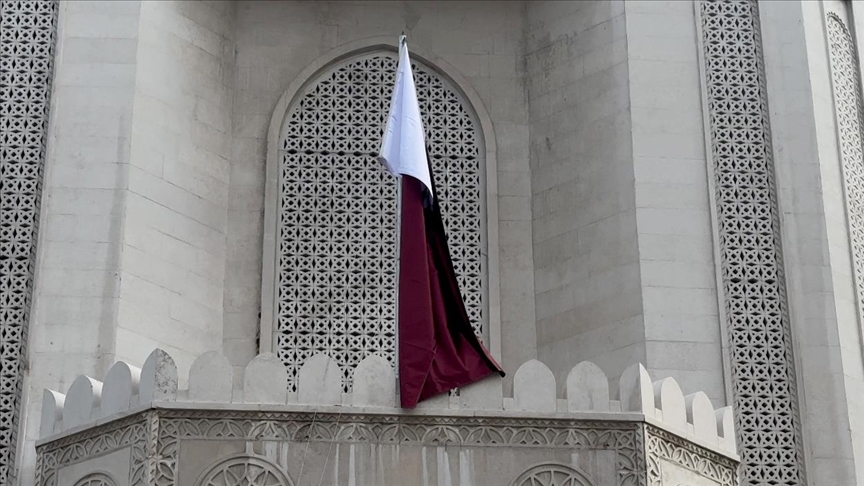




.jpg)
.jpg)
.jpg)
.jpg)
.jpg)
.jpg)
.jpg)
.jpg)
.jpg)
.jpg)
.jpg)
.jpg)
.jpg)
